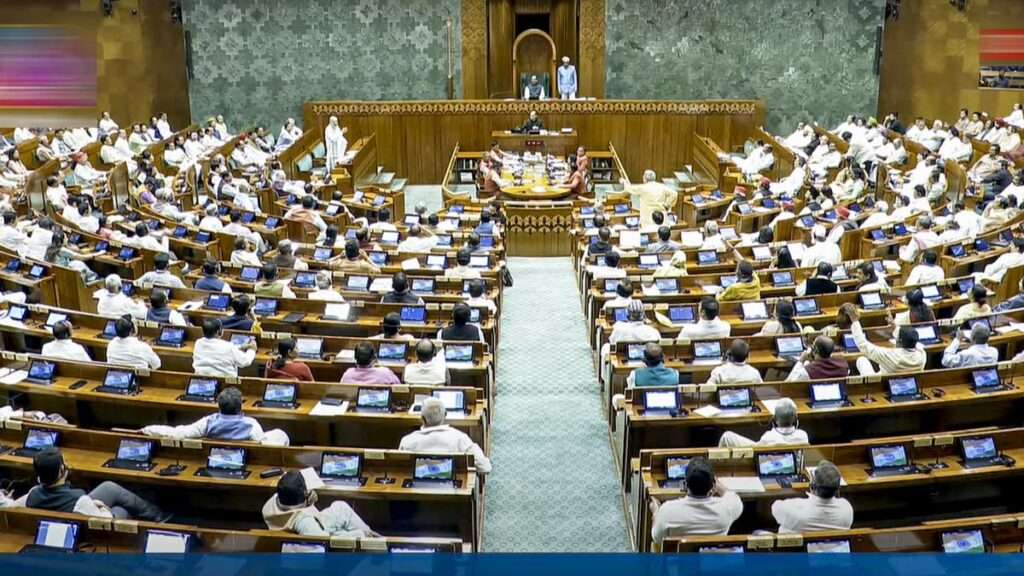
New Delhi, April 5, 2025 — The Indian Parliament has passed the Waqf (Amendment) Bill, 2024, bringing significant changes to the administration of waqf properties across the country. The bill, which awaits the President’s assent, has sparked both praise and controversy, reflecting sharp divides between the ruling government and opposition parties, as well as among religious communities.
Key Changes Introduced
The Waqf (Amendment) Bill aims to modernize and regulate the management of waqf properties—Islamic endowments traditionally set aside for religious or charitable purposes. Key amendments include:
- Inclusion of Non-Muslim Members: The bill mandates that at least two non-Muslim members be included in every Central and State Waqf Board. The government says this will increase transparency and reduce mismanagement.
- Clarity on Property Ownership: The bill gives the central government authority to decide on disputes over ownership of waqf land. Critics fear this may override judicial processes and historical community claims.
- End to “Waqf by Use” Claims: The bill explicitly removes the clause allowing land to be declared waqf based on continued religious usage alone. Only individuals who have owned the land and practiced Islam for five or more years can now create a waqf.
Government’s Stand
Union Minister for Minority Affairs, Kiren Rijiju, defended the bill in Parliament, asserting that the amendments are necessary to prevent corruption, land grabbing, and bureaucratic misuse of waqf properties. He emphasized the government’s intention to bring transparency, accountability, and inclusive representation to the functioning of Waqf Boards.
Opposition and Protests
Opposition leaders and several Muslim organizations have strongly opposed the bill, claiming it infringes on the religious rights of the Muslim community. They argue that the inclusion of non-Muslim members in religious trusts violates Article 26 of the Constitution, which guarantees religious denominations the right to manage their own affairs.
Prominent MPs, including Asaduddin Owaisi and Congress leader Mohammed Jawed, have called the bill “unconstitutional” and plan to challenge it in the Supreme Court.
Public Reaction and Legal Outlook
Across several states, including West Bengal, Telangana, and Uttar Pradesh, protests were held by Muslim organizations and civil society groups demanding the withdrawal of the bill. Legal experts are divided, with some arguing it brings much-needed reform, while others see it as state overreach into religious matters.
With the bill likely to face judicial scrutiny, its future and the implementation of its provisions remain uncertain. Yet, it has undoubtedly reopened a national conversation on the balance between reform, secularism, and religious autonomy in India.


